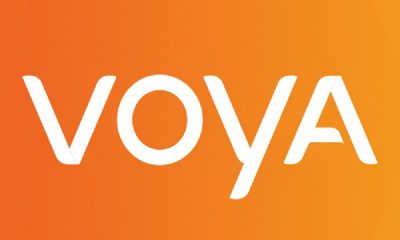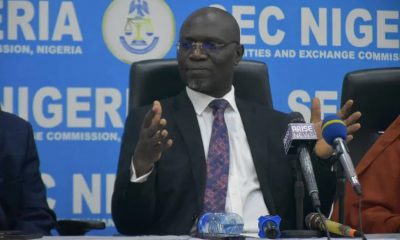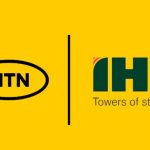Economy
SEC Tasks Shareholders to Raise Relevant Observations at AGMs
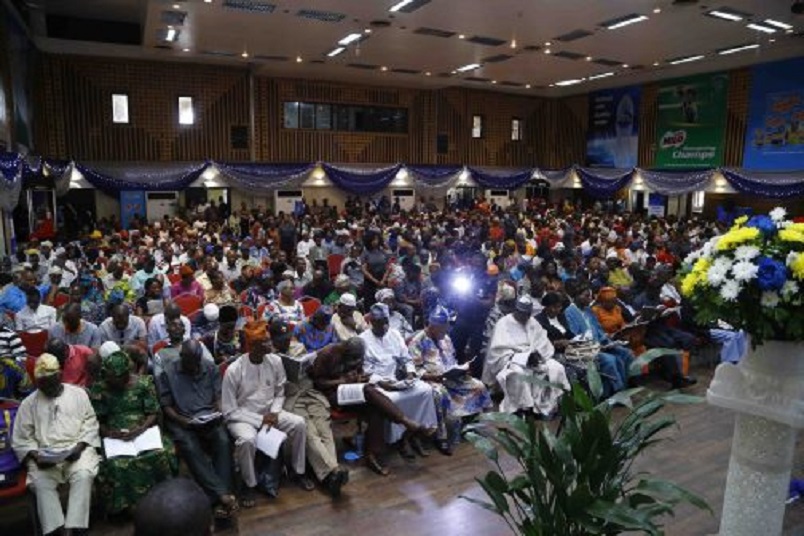
By Aduragbemi Omiyale
Shareholders, especially those under registered groups, have been tasked by the Securities and Exchange Commission (SEC) to endeavour to raise relevant observations on key areas at the Annual General Meetings (AGMs) of companies listed on the stock exchanges.
The Director-General of SEC, Mr Lamido Yuguda, said this could be achieved by carefully reviewing audited reports and accounts of listed organisations prior to such yearly shareholders’ gatherings, urging them to uphold high ethical standards and promote new strategies to strengthen accountability among market participants in the Nigerian capital market.
According to Mr Yuguda, in 2016, pursuant to Section 8(y) of the Investments and Securities Act (ISA), the commission released a Code of Conduct for members of shareholders’ associations to guide their conduct during general meetings of public companies and their relationship with public companies outside the general meetings, and for other purposes connected therewith.
He said this code was still in force, noting that it is intended to ensure the highest standard of conduct amongst members and the companies with whom they interact as bona fide shareholders.
“The code is designed to ensure that association members uphold high ethical standards and make positive contributions in ensuring that the affairs of public companies are run in an ethical and transparent manner in compliance with the Nigerian Code of Corporate Governance and the SEC Corporate Governance Guidelines.
“I urge you to continue to abide by this Code of Conduct for Members of Shareholders’ Associations by being disciplined and ensuring good governance,” the SEC DG said at the 2022 edition of the Independent Shareholders Association of Nigeria (ISAN) Triennial Delegates Conference held in Lagos recently.
“We, therefore, urge this association to continue to improve performance of the function of monitoring of companies to contribute to their growth by reviewing Audited Reports and Accounts prior to AGMs to raise germane observations on key areas,” he added.
Mr Yuguda also urged the shareholders to continue to promote their core activities which centre on minority shareholder protection, advancement of corporate governance and development of a deep and robust capital market.
He described the theme of the conference, which focuses on reforming the judicial system in order to stabilise and encourage the growth of the Nigerian economy, as very important and relevant to the growth and development of Nigeria.
The DG commended the shareholders for the excellent support the agency has received from the various shareholder associations in the country, especially ISAN.
“ISAN is one of the largest and foremost shareholders’ advocacy groups in the country. We are proud to be associated with your core activities which centre on minority shareholder protection, advancement of corporate governance and development of a deep and robust capital market,” he said.
“The judiciary has also been contributing to the development of the capital market through its role of adjudicating over matters involving stakeholders in the capital market. As the SEC continues its important regulatory work of protecting both foreign and domestic investors who invest their funds in the Nigerian capital market, we will continue to partner with and engage the judiciary and other relevant stakeholders,” Mr Yuguda noted.
He stated that in an increasingly competitive global environment for capital flows, foreign investors consider the strength and independence of a regulator in their investment decisions, stressing that it is, therefore, a matter of urgent national priority to continue to send the right signals to the investing world that the Nigerian capital market is indeed soundly regulated by a strong and independent SEC, devoid of conflicting interference from any arms of government.
“The SEC is happy to have, over the years, enjoyed the support of the Nation’s courts in the quest to build a vibrant capital market that can contribute to achieving our national objectives.
“The judiciary’s important work impacts market integrity, investor confidence, market development and market fairness. It is clear that without the fair, prompt and effective dispensation of justice, capital markets can never develop. Therefore, in our quest to develop a vibrant capital market in Nigeria, we cannot afford to overlook the central role of the Judiciary,” he said.
However, the SEC DG stated that there was room for reform in the judiciary, especially on issues around investor protection and dispute resolution mechanisms in the Nigerian capital market, adding that the commission supports this reform and is happy to play a role in it.
“As a regulator of this dynamic market, the commission is focused on facilitating capital raising for sustainable national development and transformation of Nigeria’s priority economic sectors, thereby effectively contributing to the national economy.
“Our focus has always centred on the creation of an ecosystem whereby issuers, whether government, entrepreneurs and other businesses, can access capital efficiently. The process of raising money through the capital market plays a vital role in our economy and will help bring nascent ideas to life,” he added.
Economy
Oil Dips 2% Amid Progress in US-Iran Nuclear Talks

By Adedapo Adesanya
Oil was down by about 2 per cent on Tuesday on hopes tensions between the United States and Iran were easing after Iran’s foreign minister said the countries had reached an understanding regarding nuclear talks.
Brent futures fell $1.23 or 1.8 per cent to $67.42 a barrel, and the US West Texas Intermediate (WTI) futures slipped 56 cents or 0.9 per cent to $62.33 per barrel.
According to Iranian Foreign Minister, Mr Abbas Araqchi, his country and the United States reached an understanding on the main “guiding principles” in a second round of indirect talks in Geneva, Switzerland, over their nuclear dispute on Tuesday.
However, this does not mean a deal is imminent.
Iran’s supreme leader said on Tuesday that any US attempt to depose his government would fail as the US continued a military buildup exercise in the Middle East.
Iran will close parts of the critical oil shipping lane in the Middle East, the Strait of Hormuz, for a few hours on Tuesday as it is conducting military drills in the area. The government said the partial closure is due to security precautions.
The Strait of Hormuz, the narrow lane between Iran and Oman, is the world’s most critical oil transit chokepoint, and the oil market has time and again feared Iran could attempt to close the lane. In 2024, oil flow through the strait averaged 20 million barrels per day, or the equivalent of about 20 per cent of global petroleum liquids consumption.
Iran and fellow Organisation of the Petroleum Exporting Countries (OPEC) members Saudi Arabia, United Arab Emirates, Kuwait and Iraq export most of their crude via the Strait, mainly to Asia.
Negotiators from Ukraine and Russia concluded the first of two days of US-mediated peace talks in Geneva on Tuesday, with US President Donald Trump pressing Ukraine to act fast to reach a deal to end the four-year conflict.
Meanwhile, Ukraine continued its attacks on Russian energy infrastructure. Its military said on Tuesday it struck the Ilsky refinery, while a drone attack was also reported at the port of Taman.
A peace resolution could see a lifting of sanctions on Russia, bringing Russian oil back to the mainstream market. In 2025, Russia was the third-biggest crude producer in the world behind the United States and Saudi Arabia.
Economy
MTN Reaches $6.2bn Deal to Fully Own IHS Towers
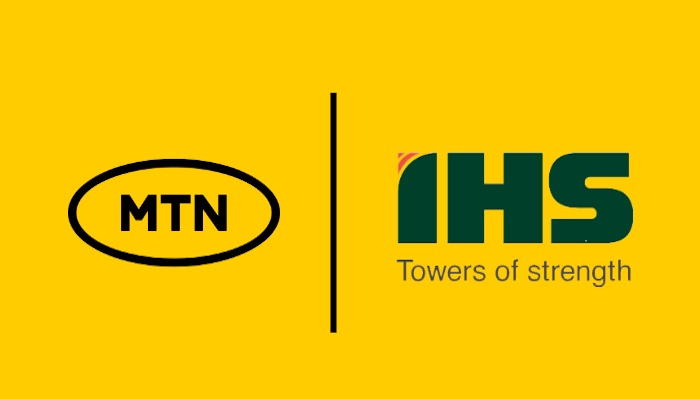
By Adedapo Adesanya
MTN Group has agreed to take full control of IHS Holding, buying the roughly 75 per cent stake it does not already own in a deal that values the tower operator at about $6.2 billion.
According to a statement, MTN, which is Africa’s biggest mobile operator, will pay $8.50 per share in cash.
The deal will be funded through the rollover of MTN’s existing stake of around 24% in IHS, as well as about $1.1 billion in cash from MTN, roughly $1.1 billion from IHS’s balance sheet, and the rollover of no more than existing IHS debt.
The offer represents a 239 per cent premium to the company’s share price when it announced a strategic review on March 12, 2024, a 36 per cent premium to its 52-week volume-weighted average price as of February 4, 2026, and a three per cent premium to its unaffected closing price of $8.23 on that same date.
The transaction will see MTN transition from being a minority shareholder in IHS to a full owner. Upon completion, IHS will delist from the New York Stock Exchange and become a wholly owned subsidiary of MTN.
For MTN, the deal represents a decisive shift as data demand surges and digital infrastructure becomes increasingly strategic with a booming digitally-oriented youth population on the continent.
Over the past decade, many African telecom operators sold tower assets to independent infrastructure firms to unlock capital and reduce balance sheet pressure. This marks a reversal of the trend.
MTN itself had reduced its direct exposure to tower ownership, retaining a roughly 24 per cent fully diluted stake in IHS before the agreement.
Speaking on this, Mr Ralph Mupita, group president and CEO, MTN Group, described the proposed acquisition as a pivotal step in strengthening MTN’s strategic and financial position in a future where digital infrastructure will be central to Africa’s development.
He said the deal would enhance MTN’s ability to partner with governments and support long-term connectivity growth across its markets.
“This proposed transaction is a pivotal step in further strengthening MTN Group’s strategic and financial position for a future where digital infrastructure will become ever more essential to Africa’s growth and development,” he said.
The board of IHS unanimously approved the agreement and recommended that shareholders vote in favor.
MTN has committed to vote all its shares in support of the deal, while long-term shareholder Wendel has also issued a letter backing the transaction. Together, they account for more than 40 per cent of shareholder support already secured.
On his part, Mr Sam Darwish, chairman and CEO of IHS, said the agreement offers shareholders certainty and immediate value realisation following a strategic review launched during a period of macroeconomic and geopolitical volatility across key markets.
Founded 25 years ago with a single tower in one market, IHS grew into one of the world’s largest independent tower companies by count, operating in 11 countries and managing approximately 40,000 towers at its peak.
If completed, the acquisition will create the largest standalone and integrated tower company in Africa under MTN’s control, tightening the alignment between network operations and physical infrastructure in a region where connectivity remains both a commercial battleground and a development imperative.
Economy
Nigeria Renews Push for West African Single Currency as ECOWAS Hold Talks
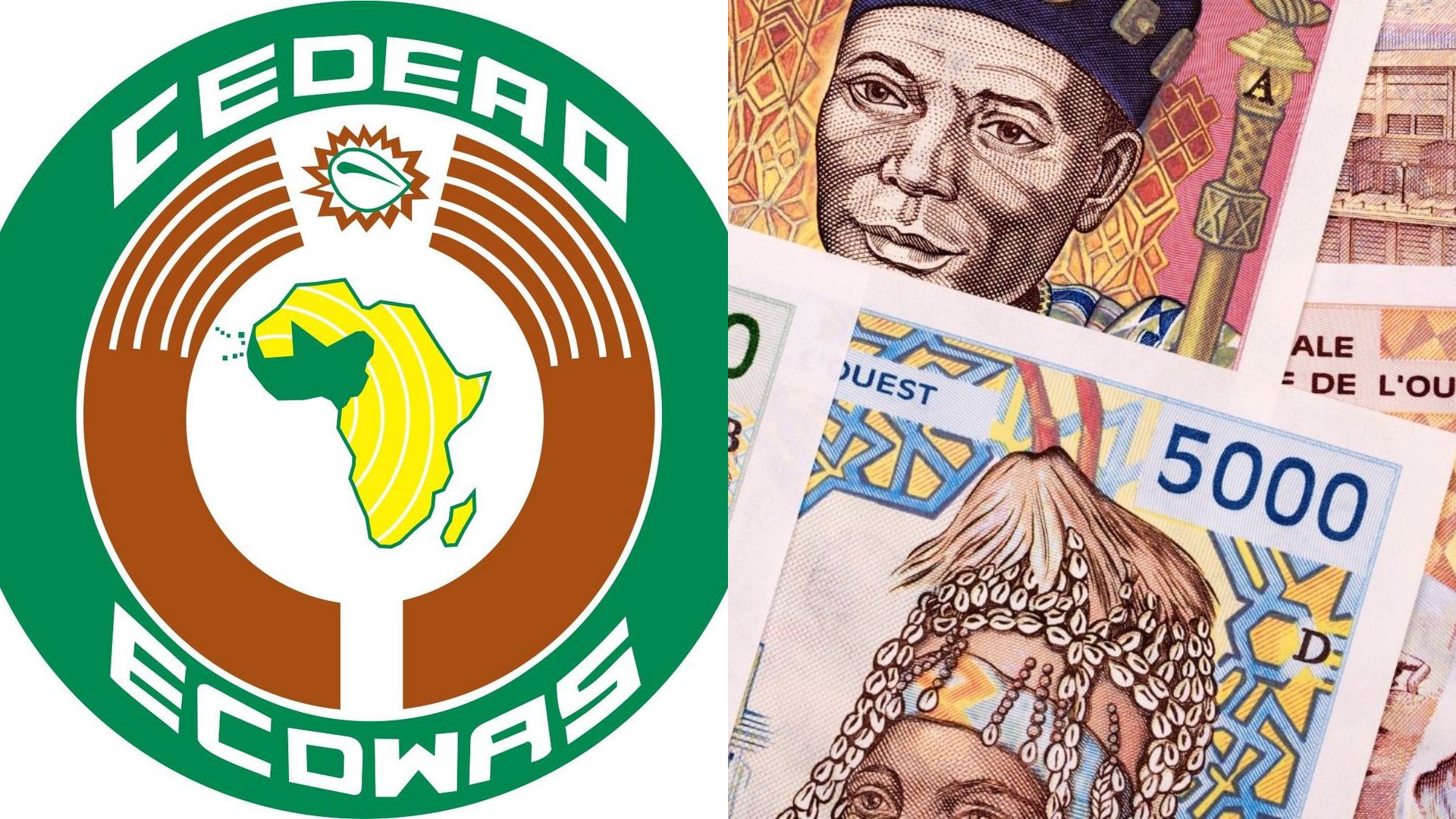
By Adedapo Adesanya
Nigeria is stepping up engagement toward the creation of a regional single currency, following fresh consultations among West African monetary authorities, following constant delay of achieving the goal.
In an update by the Central Bank of Nigeria (CBN) via its X handle, the Governor of the apex bank, Mr Yemi Cardoso, led the country’s delegation to the Committee of Governors meeting held in Monrovia, Liberia, where policymakers reviewed progress and renewed discussions on establishing the long-proposed single currency known as the Eco.
Last year, the West African bloc announced that the single regional currency would be launched by 2027 to foster greater economic integration among member states by facilitating trade through a unified payment system, enhancing price stability and reducing inflationary pressures.
In the latest development, the CBN statement noted that the Nigerian delegation also included Deputy Governor (Economic Policy), Mr Muhammad Sani Abdullahi.
“The meeting formed part of statutory engagements jointly organised by the Economic Community of West African States alongside the West African Monetary Agency, the West African Monetary Institute, and the West African Institute for Financial and Economic Management. The consultations brought together financial regulators and economic policymakers across the sub-region to assess convergence benchmarks required for launching the unified currency”, the apex bank said.
The Eco project is designed to deepen economic integration among ECOWAS member states by providing a common legal tender that would facilitate cross-border trade, enhance price transparency and reduce transaction costs tied to multiple currency exchanges. The initiative has been under discussion for over two decades but has experienced repeated postponements as member countries struggle to meet strict macroeconomic convergence criteria.
The apex bank noted that the meeting focused on evaluating member states’ performance against key economic indicators. These include inflation rate ceilings, fiscal deficit thresholds relative to gross domestic product, and foreign reserve adequacy, all considered critical safeguards for ensuring stability within a potential monetary union.
Despite many delays, ECOWAS latest move shows it may be aligning with Nigeria’s Minister of Foreign Affairs, Mr Yusuf Tuggar, saying last year that member states have started attaining benchmarks to see the goal actualised.
-

 Feature/OPED6 years ago
Feature/OPED6 years agoDavos was Different this year
-
Travel/Tourism10 years ago
Lagos Seals Western Lodge Hotel In Ikorodu
-

 Showbiz3 years ago
Showbiz3 years agoEstranged Lover Releases Videos of Empress Njamah Bathing
-

 Banking8 years ago
Banking8 years agoSort Codes of GTBank Branches in Nigeria
-

 Economy3 years ago
Economy3 years agoSubsidy Removal: CNG at N130 Per Litre Cheaper Than Petrol—IPMAN
-

 Banking3 years ago
Banking3 years agoSort Codes of UBA Branches in Nigeria
-

 Banking3 years ago
Banking3 years agoFirst Bank Announces Planned Downtime
-

 Sports3 years ago
Sports3 years agoHighest Paid Nigerian Footballer – How Much Do Nigerian Footballers Earn




